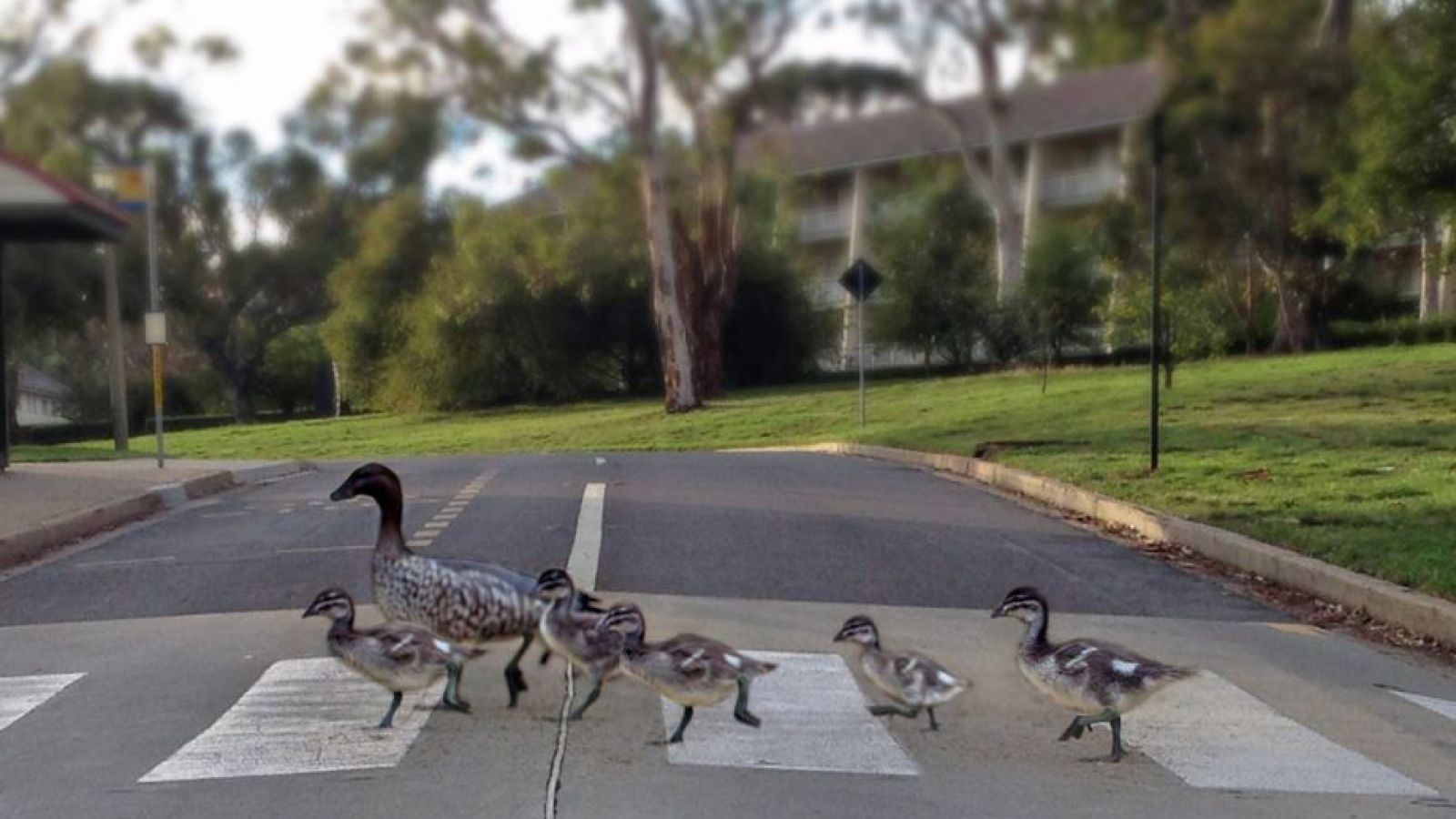ASAL2009: Common Readers and Cultural Critics

 The ANU is hosting the annual conference of the Association for the Study of Australian Literature (ASLA) from Wednesday 8th to Saturday 11th July at University House and other venues.
The ANU is hosting the annual conference of the Association for the Study of Australian Literature (ASLA) from Wednesday 8th to Saturday 11th July at University House and other venues.
ASAL2009: Common Readers and Cultural Critics seeks to explore the diversity of readers and modes of reading that make up Australian literary cultures: from school curricula to bestseller lists, from university courses to writers’ festivals, all have their own ways of talking about texts and their own forms of cultural expertise.
How do ‘everyday’ readers form judgements about what they read and what they like? What are the relationships between everyday readers and ‘specialist’ readers in industries such as publishing and marketing, print and electronic media, and in institutions such as schools and universities, libraries and archives? How much influence do critics, reviewers and cultural commentators have on readers’ tastes and habits—and vice versa? Who ultimately decides what books get published, what books win prizes, what books are taught in schools, and what books make up the Australian literary canon? Literary cultures are characterised by tensions between tradition and innovation, reading privately and reading professionally, reading for knowledge and reading for pleasure.
ASAL2009 promises three days of keynote lectures, panels, papers, poetry and prose readings reflecting—and reflecting on—Australia’s diverse literary cultures. Continuing the theme, the conference will be followed by a one-day public symposium on Sunday 12 July at the National Library of Australia: Readers, Writers and Critics: The Role of Reading Public, Reviewer and Author in Shaping Contemporary Literature and Culture, featuring a number of high profile writers, reviewers and critics in conversation about their experiences as authors in the public sphere. ASAL registrants are encouraged to stay for the public symposium, which seeks to continue and expand these debates beyond the confines of an academic conference.
For full program details - see ASAL2009 Program Brochure